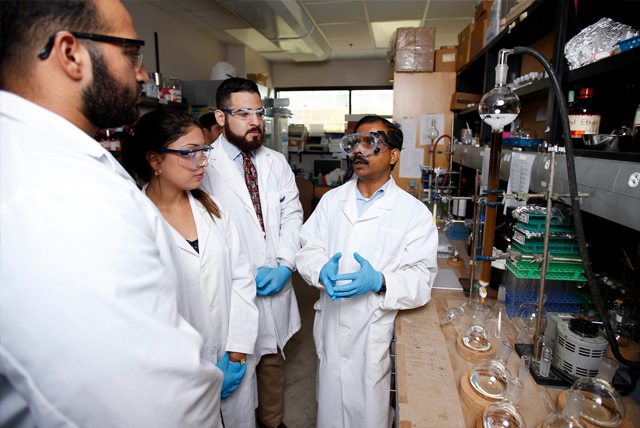Document Type
Book
Publication Date
9-3-2024
Abstract
The mental health of students has become one of the top concerns in higher education. The number of students reporting distress and seeking services has dramatically increased, and colleges and universities are struggling to address these challenges. A rich and growing body of research documents the scope of the problem and potential interventions to address it, but this literature is scattered across a variety of academic fields. This Book aims to bring coherence to this large volume of information through a detailed review of programs, services, practices, and policies that influence student mental health. The Book is organized around a socioecological framework, considering interventions at the individual, interpersonal, community, institutional, and public policy levels. It highlights strengths, weaknesses, and gaps in the evidence.
Mental illness is common and can affect anyone. Each year the University welcomes students with Mental Health Issues. One in four adults in the US will experience a mental illness in their lifetime, however according to a NUS survey, eight out of ten students will experience a mental illness while in higher education. For some student’s mental illness can be a lifelong disability. Others can experience short term issues that emerge around difficult or stressful life events, while some students may be more at risk of experiencing mental illness in relation to their ethnicity, gender, sexuality or socio-economic background. Although attitudes to mental illness have improved significantly in recent years there remains a certain amount of stigma around the issue. Stigma can often be experienced in less obvious ways such as social exclusion, unkind jokes and fear around disclosure affecting academic progression. Although each student's needs may differ, there are many general strategies that can enable effective teaching and learning.
You can address disability and mental health through curriculum design to create a more inclusive learning environment. The approaches highlighted here include innovative approaches to group work, original evaluation and assessment approaches, and an innovative use of technology in the classroom. Access practiced through these approaches ensures that all students benefit from these considered and pedagogically-sound teaching methods.
This is not to say that academics need to become mental health experts Instead, our analysis reveals that most students’ recommendations were appropriately related to fundamental teacher attributes and skills.
Recommended Citation
Muzammil, Mona, Muzammil Arshad, and Washain Muzammil. 2024. Pedagogy and its Effects in Students’ Mental Health. The University of Texas Rio Grande Valley. https://scholarworks.utrgv.edu/chem_fac/282.



Comments
Copyright the Authors.